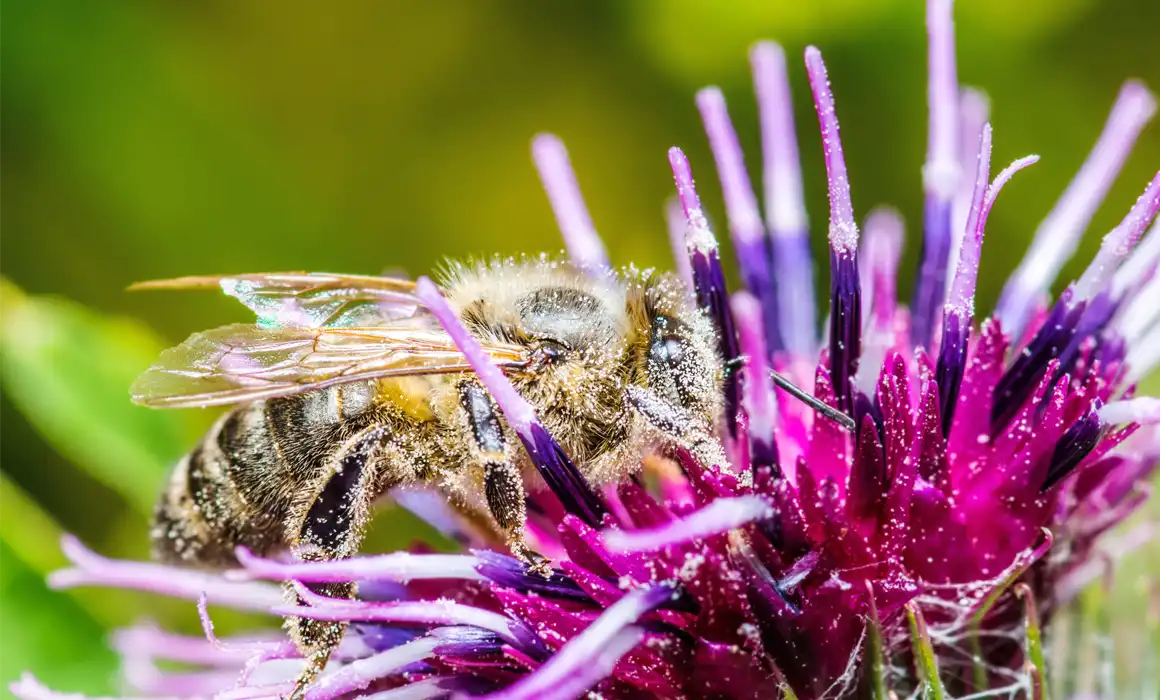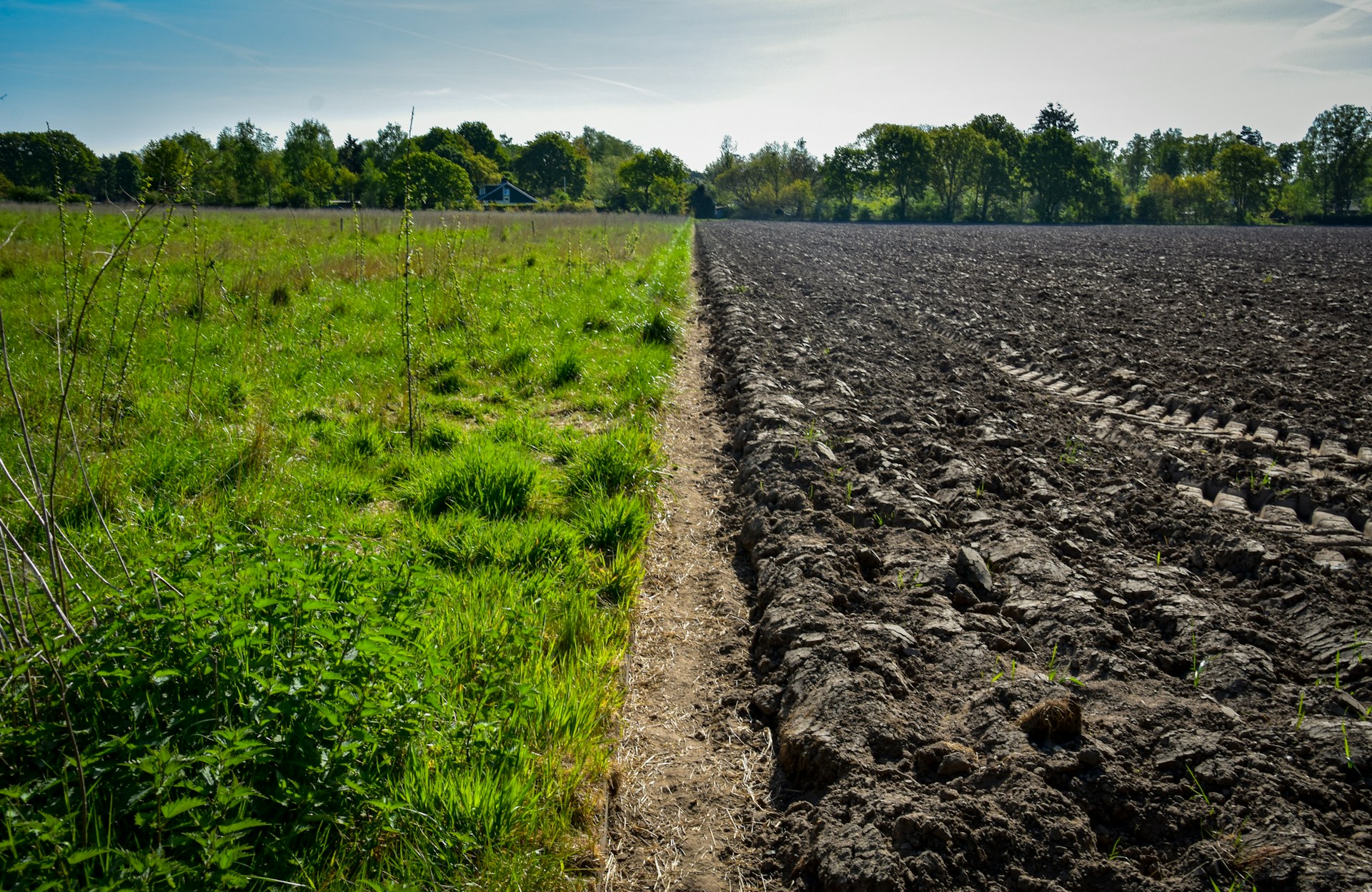Every year, the third Saturday in August marks National Honey Bee Day—a day dedicated to celebrating the vital role that honeybees play in our food systems and ecosystems. These hardworking pollinators are essential not just for producing honey, but also for the growth of many fruits, vegetables, and nuts. As we commemorate this important day, it’s a great opportunity to understand how honeybees contribute to sustainable agriculture and to learn about eco-friendly solutions like TerraTonic Biochar that support healthy soil.
Why Honeybees Matter
Honeybees are responsible for pollinating about one-third of the food we eat. Without these small but mighty insects, our crops would suffer, leading to less food and a less diverse diet.
Sustainable agriculture thrives on natural pollinators like honeybees. When we use environmentally friendly farming practices, we create habitats where bees can flourish. This not only helps the bees but also improves soil health, encourages biodiversity, and makes our food systems more resilient against climate change.
Challenges for Honeybees
Unfortunately, honeybee populations are declining due to several factors, including:
- Habitat Loss: Urbanization and intensive farming reduce the areas where bees can live and find food.
- Pesticides: Some chemicals used in farming can harm bees.
- Climate Change: Shifts in climate can disrupt flowering times and food availability for bees.
These challenges make it crucial for us to support practices that protect bees, like planting pollinator-friendly flowers, reducing pesticide use, and supporting local beekeepers.
What is TerraTonic Biochar?
As we celebrate National Honey Bee Day, it’s also important to look at innovations that help improve soil health, which is key to sustainable agriculture. One such innovation is TerraTonic Biochar.
TerraTonic Biochar is a type of charcoal made from forestry wood residues through a process called pyrolysis. This process occurs in low-oxygen conditions, which creates a stable form of carbon that can be added to the soil.
How TerraTonic Biochar Benefits Soil
- Improves Soil Quality: Biochar enhances soil structure, retains water, and boosts available nutrients. Healthier soil leads to stronger plants that are more resilient to pests and drought, which ultimately benefits pollinators like honeybees.
- Helps Fight Climate Change: Biochar can sequester carbon in the soil for long periods, which helps reduce greenhouse gases and makes farming practices more sustainable.
- Supports Microorganisms: The porous nature of biochar creates a perfect home for beneficial microbes that aid in plant growth. This increased biodiversity helps strengthen our ecosystems, creating a healthier environment for bees.
- Reduces Soil Pollution: TerraTonic Biochar can help clean up contaminated soils by absorbing harmful substances, reducing the adverse effects of pesticides on beneficial soil life and pollinators.
Caring for Bees and Sustainable Farming
On this National Honey Bee Day, let’s take a moment to appreciate the crucial role honeybees play in our lives and commit to practices that protect them. By embracing innovative solutions like TerraTonic Biochar, we can improve soil health and support sustainable farming.
So, as you enjoy honey drizzled on your toast or a vibrant fruit salad, remember the hardworking bees that help make these meals possible. Together, we can create a thriving planet where bees flourish, crops grow, and sustainability is at the forefront. Happy National Honey Bee Day.
Resources
- Celebrate the National Honey Bee Day with Honey Love Beekeepers
- Learn more about TerraTonic Biochar





